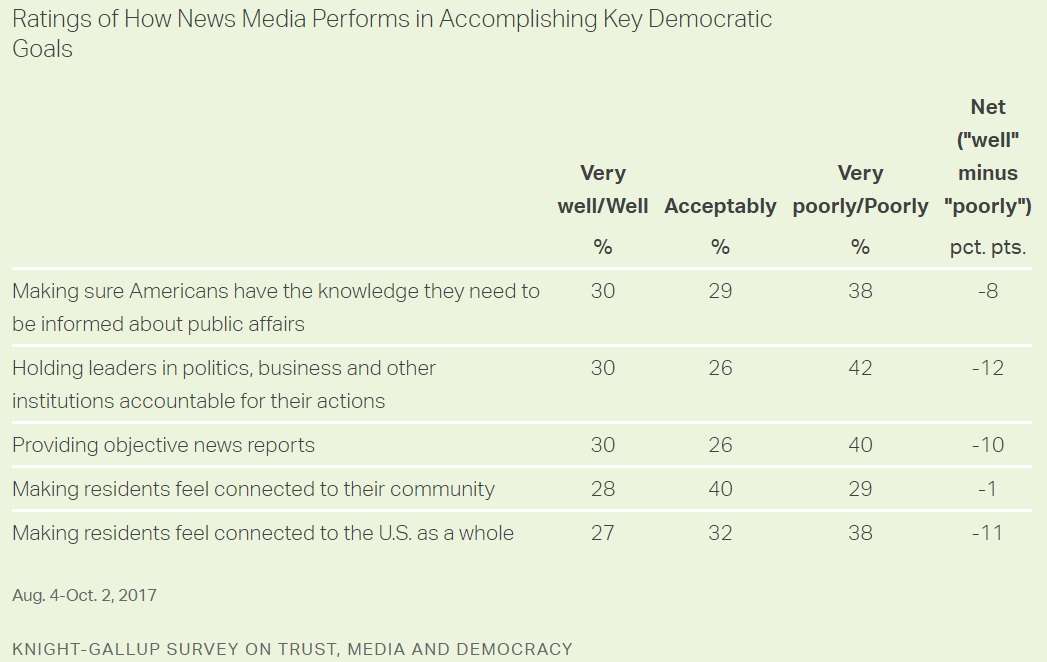Do You Hear "All Immigrants Are Animals" or "MS-13 Are Animals"?
Forget Yanni vs. Laurel. Donald Trump's latest controversy gets at the heart of what divides us.
Do you hear "Immigrants are animals?" or "MS-13 are animals?" https://t.co/MClFcJligW pic.twitter.com/FuxSLZ39OW
— reason (@reason) May 17, 2018
Forget whether you hear Yanny or Laurel, the audio clip now dividing America with a ferocity not seen since the early days of Right Twix, Left Twix, "The Dress," or Bush v. Gore.
This below is the viral clip that is dividing America. It comes from a White House gathering held yesterday to discuss illegal immigration, deportations, and sanctuary cities. Is President Trump calling out all immigrants or is he referring to members of the violent MS-13 gang when he declares "These aren't people, these are animals"?
'These aren't people. These are animals.' — The President of the United States on undocumented immigrants pic.twitter.com/0ECEqPOzu1
— NowThis (@nowthisnews) May 16, 2018
The popular viral news site Now This News tweeted that clip, which deletes the question Trump was answering. It was about MS-13, the gang that started in California with deep roots in El Salvador, Honduras, and other Central American countries. News sources presumed to be openly hostile to Donald Trump quickly posted headlines such as "Trump on deported immigrants: 'They're not people. They're animals'", "Trump on immigrants: 'These aren't people. These are animals,'" and "Trump says undocumented immigrants 'aren't people, they're animals.'"
After pro-Trump Twitter went bananas and charged obvious bias, a number of mainstream outlets have changed, altered, and revised their headlines to read "some immigrants" or add mentions of MS-13 in their accounts.
Here's the full question and answer:
Fresno County Sheriff Margaret Mims: Thank you. There could be an MS-13 member I know about—if they don't reach a certain threshold, I cannot tell ICE about it.
President Trump: We have people coming into the country, or trying to come in—and we're stopping a lot of them—but we're taking people out of the country. You wouldn't believe how bad these people are. These aren't people. These are animals. And we're taking them out of the country at a level and at a rate that's never happened before. And because of the weak laws, they come in fast, we get them, we release them, we get them again, we bring them out. It's crazy.
The video below includes the full exchange, which begins around the two-minute mark.
But your immediate reaction to the story and the phrase "these aren't people, these are animals" surely says something about our political hard-wiring just as hearing Yanny or Laurel or seeing a white-and-gold or a black-and-blue dress says something about our auditory and visual presets. Of course, how we feel about certain words, concepts, and people isn't the same sort of thing as how our eyes see or our ears process audio. We have much more control over our mental reactions than we do over our physiological ones. That helps to explain why societies change attitudes towards all sorts of things, such as gay marriage, pot legalization, and interracial relationships over the years.
But that's the long run, right? Is there any way that people who see or hear very different things when it comes to politics can reach some common ground rather than immediately act out the most-partisan scripts they can think of? Yes, at least when it comes to basic facts. In the immigrants/MS-13 case, the first step would be to actually double-check the context of the offending statement. Trump is himself a master of taking things out of context and it behooves his admirers and opponents alike to rise above his documented willingness to bend the truth if not lie.
In the current case, there is no question that he is specifically talking about MS-13, not even all illegal immigrants (whom he has previously referred to in starkly dehumanizing terms). Presenting the clip without that context is deliberately incendiary and it misrepresents Trump's point. Outlets that decontextualized Trump's quote might have gained a rush of traffic, but they do so at the cost of confidence in the media, which is already in the crapper. Gallup reports that over 80 percent of Americans believe the media are vital to a flourishing democracy and also believe the media are failing across a wide variety of measures:


Decontextualizing Trump also has the added effect of hardening his supporters in the position that the media traffics only in fake news and is deliberately out to get their man in the White House. On the other side, anti-Trumpers can bask in the glow that they are absolutely right about the racist ugliness of the pussygrabber-in-chief.
None of this is to say that because Trump was talking about violent gang members, there's no issue with his figures of speech. There is a long and disgusting history of likening foreigners and racial and ethnic minorities to animals, and anyone invoking dehumanizing language in the context of immigration can (and should, in my opinion) be castigated for it (my Irish and Italian grandparents were routinely likened to apes and rats back in the early 1900s). This includes nativists such as Rep. Steve King (R-Iowa), who has likened immigrants to "livestock" while making the case for electrified border fences. But's not difficult to engage and debate Trump or anyone else in good faith and with proper context. Indeed, it's a necessary prerequisite if you want to persuade anyone who doesn't already agree with you.
If many journalists are failing to report basic facts without proper context, news consumers are guilty of similar crimes against basic comprehension. As Michael Socolow, a journalism professor at the University of Maine, has told Reason, the social-media age requires a different form of literacy that all of us should keep in mind. To paraphrase: "Don't share news that doesn't have substantiating links, be wary of stories that perfectly confirm your pre-existing biases, and (for god's sake!) always ask yourself why you're talking in the first place."
We know that Donald Trump is incapable of being the adult in the room, of speaking thoughtfully, carefully, and inclusively. That's deeply regrettable in a president, but what can you do, really? The genius of America is that we are supposed to be our own adults and think for ourselves. A big part of Trump's m.o. is to pull people around him down to his level. To each his own, I suppose, but as a journalist, reader, and citizen, I know that when you wrestle a pig in his pen, you both get dirty and the pig enjoys it. And, in the case of Trump, he seems to be winning too, at least based on approval ratings. Hey, anti-Trumpers, it's time to try a different strategy.
Video clip produced by Austin Bragg.


Show Comments (221)